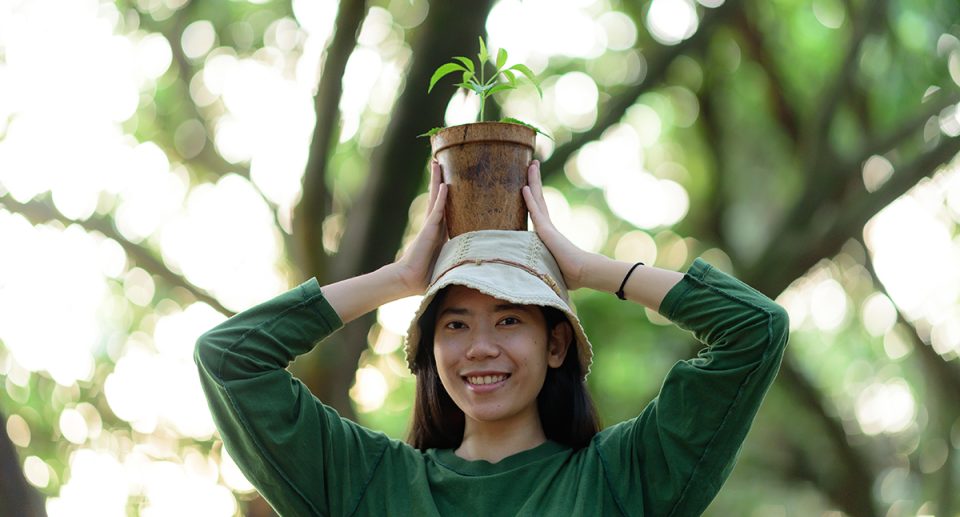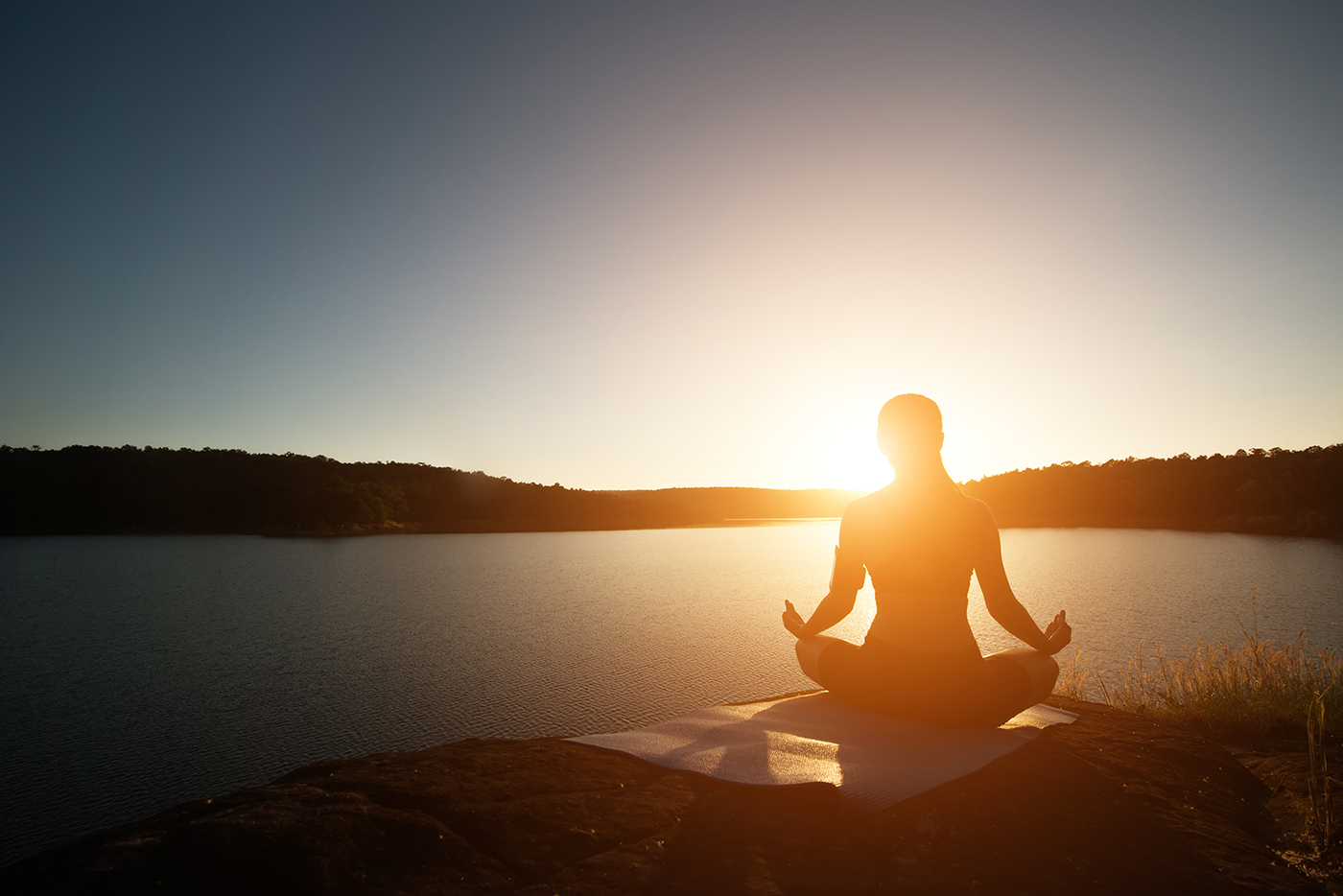How to be happy with less in a time of climate crisis?

From a Buddhist perspective, everyone has the potential to learn to live simply and find happiness by being happy with less. There’s no great secret to it. Simplicity is not just an aesthetic or a lifestyle choice; it’s how life naturally expresses itself when you are content.
How can this perspective help us navigate the climate crisis while being happy with less?
The Buddha spoke of change and impermanence, including climate change and human-caused climate change. His insights can guide us today.

Want less
The Buddha taught that the root of the problem is greed, and its solution is contentment. We often think we can save the Earth, but the Earth doesn’t need saving; it can take care of itself. We need to understand that the Earth is more than just a resource to satisfy our desires.
So, how do we want less? According to Buddhism, there is no limit to human craving. However, the Buddha provides a clear path to understanding why we desire so much and how we can learn to be happy with less. This path begins with asking ourselves what we truly need.
It’s not enough to just simplify your own life. The ethos of ‘enough’ must extend beyond personal attitudes and choices to the political and social realms. This includes considering who we elect and rejecting the myth that individuals alone can save the Earth.

Prioritize action over hope
This is why the Buddha didn’t emphasize hope in the way many of us understand it. Instead, he taught that we shape our futures through our present actions.
Scientists, engineers, and technologists have provided us with the knowledge and tools we need. Yet, we are not taking the necessary actions.
With our vast knowledge and capabilities, we have the power to create a future we can be proud of, leaving behind a world that is richer, more vibrant, and more wonderful than we found it. By doing so, we can embrace the hope that stems from our way of living and the values guiding our choices.
Turn meditation into action
These truths are realized through the practice of Buddhist meditation. When you breathe mindfully, you are present. When your heart is content and happy with less, it becomes still. When you are free from craving, you find peace.
However, don’t confine the compassion discovered in meditation to your heart. Let it drive your political and social decisions, the causes you support, the government you elect, and the public discourse you influence.

Buddhist meditation transitions from separation to wholeness, from agitation to stillness. Our breath flows into us from the outside and then back out, connecting us to the life cycle of the breath. We experience ourselves as part of this cycle.
When the breath soothes and calms us, reminding us of our presence and bringing us pleasure, it is as if the Earth itself is filling us with love. The Earth does not hate us, even after all we’ve done to it.
This is within our power. We can act from a place of love for the Earth and all it provides. With the right perspective and actions, we can make wise and informed decisions, avoiding blind hope.
Maybe it will work. Who knows? But if we make a difference for ourselves, it’s a start of becoming happy with less too.

How to be happy with less in a time of climate crisis conclusion
Incorporating Buddhist principles of simplicity, mindfulness, compassion, ethical living, and collective action can provide a powerful framework for navigating the climate crisis. By transforming our relationship with the Earth and each other, we can contribute to a more sustainable and harmonious world.
The teachings of the Buddha offer timeless wisdom that can inspire and guide us in our efforts to not only protect the planet and ensure the well-being of all its inhabitants, but becoming happy with less as well!



















